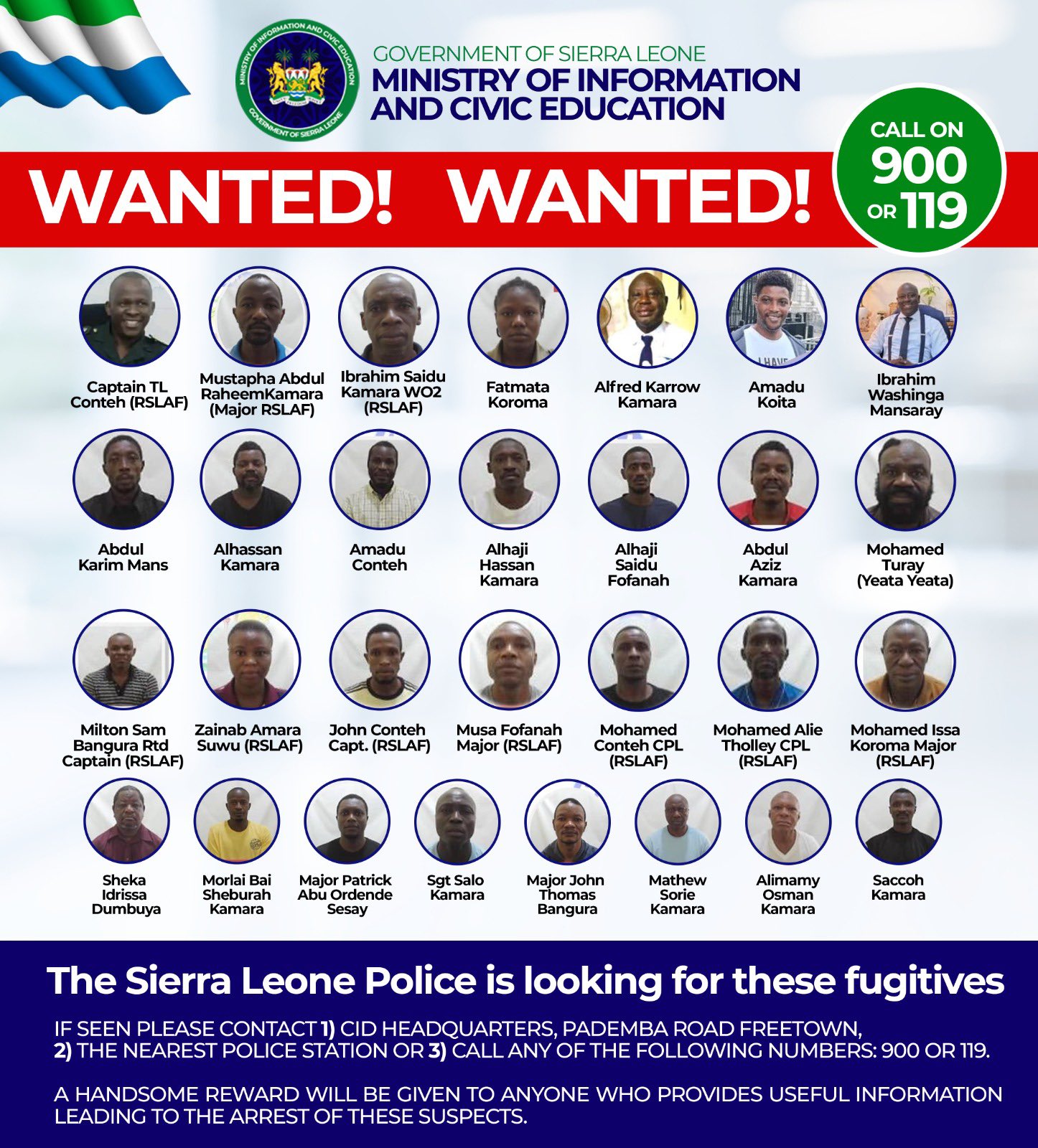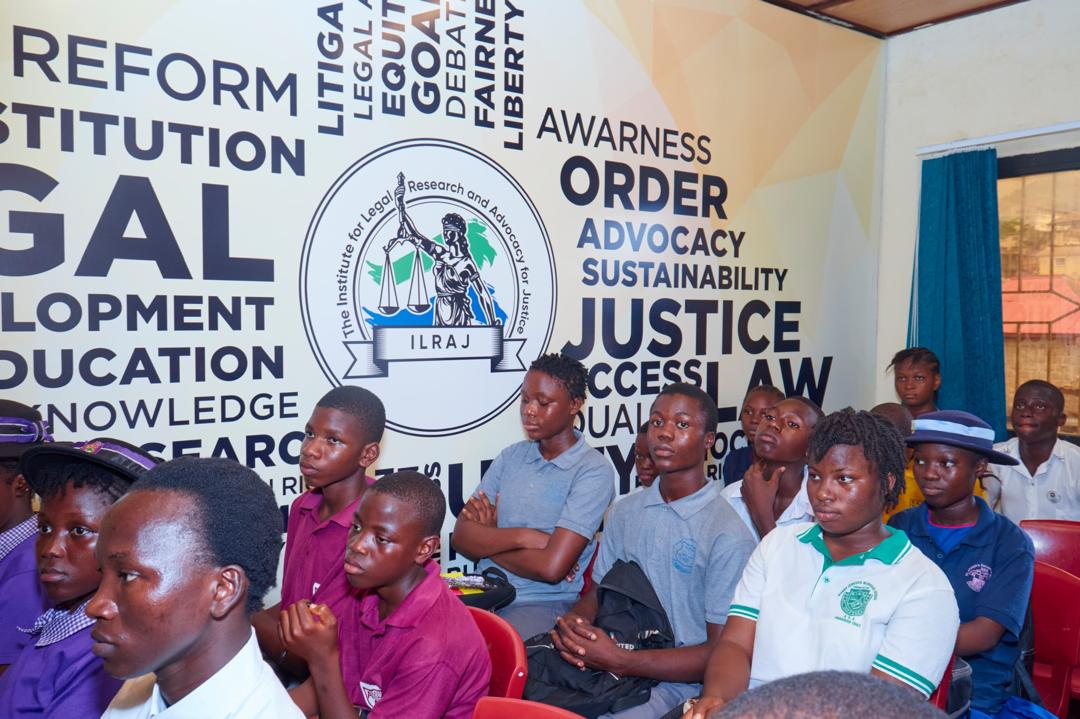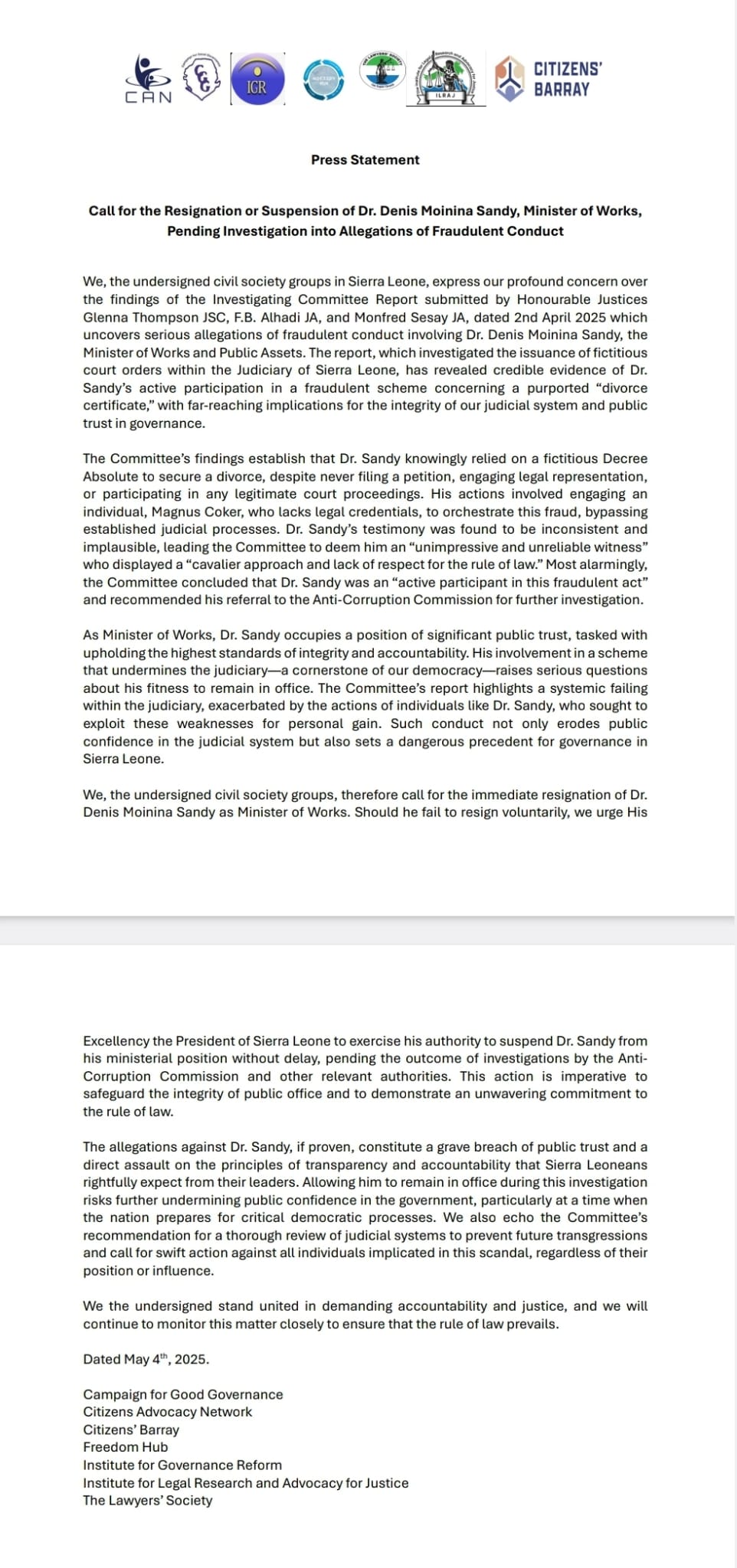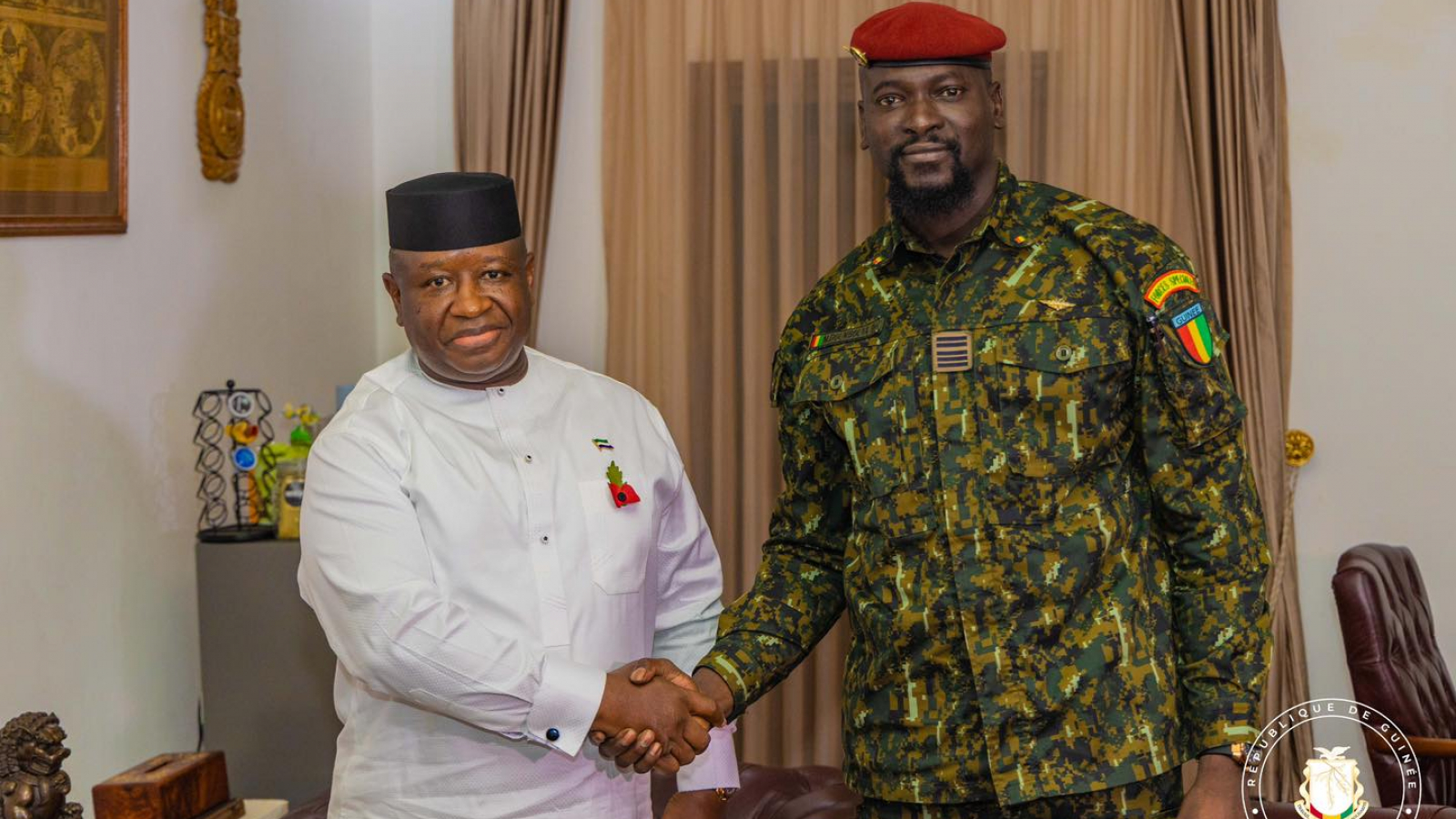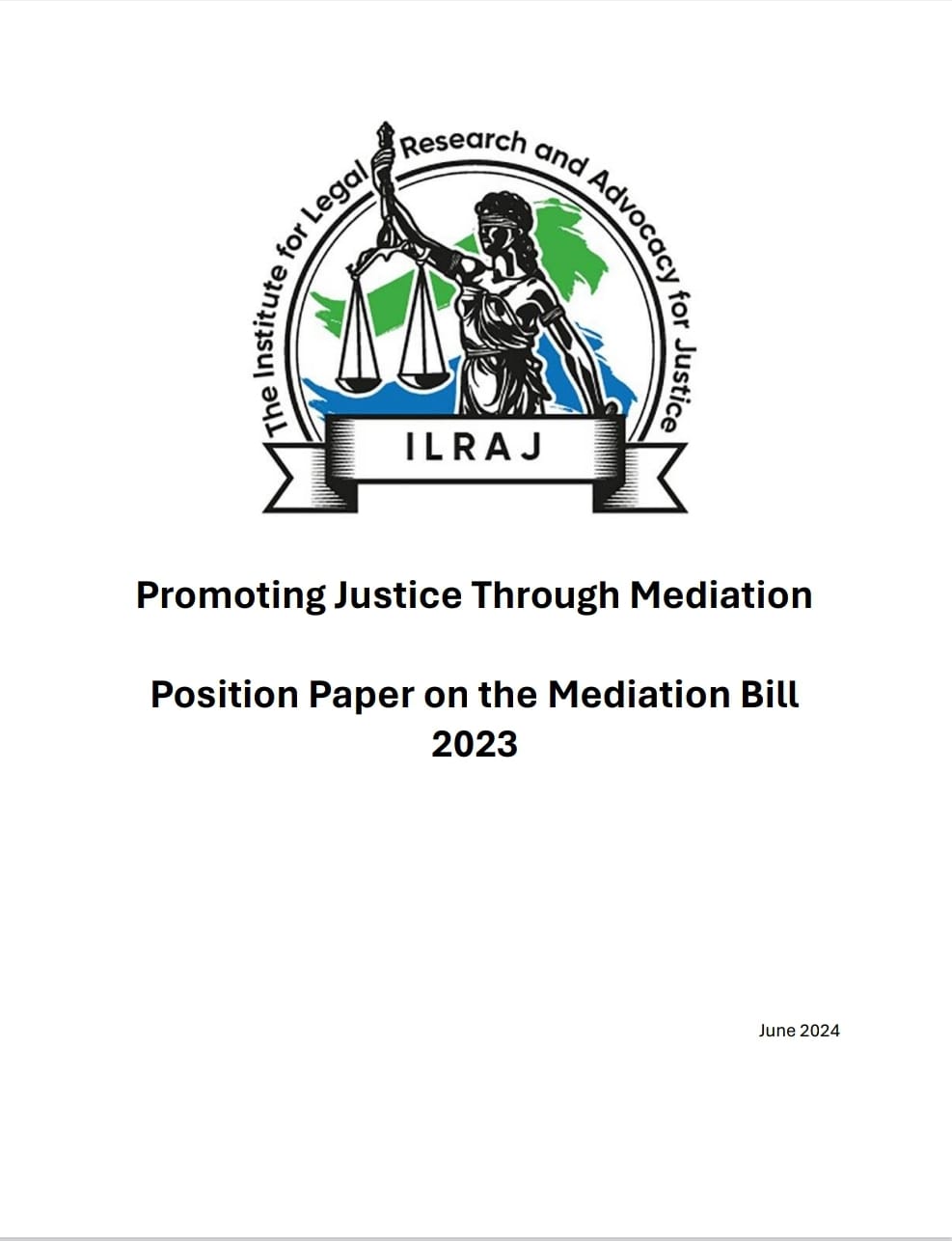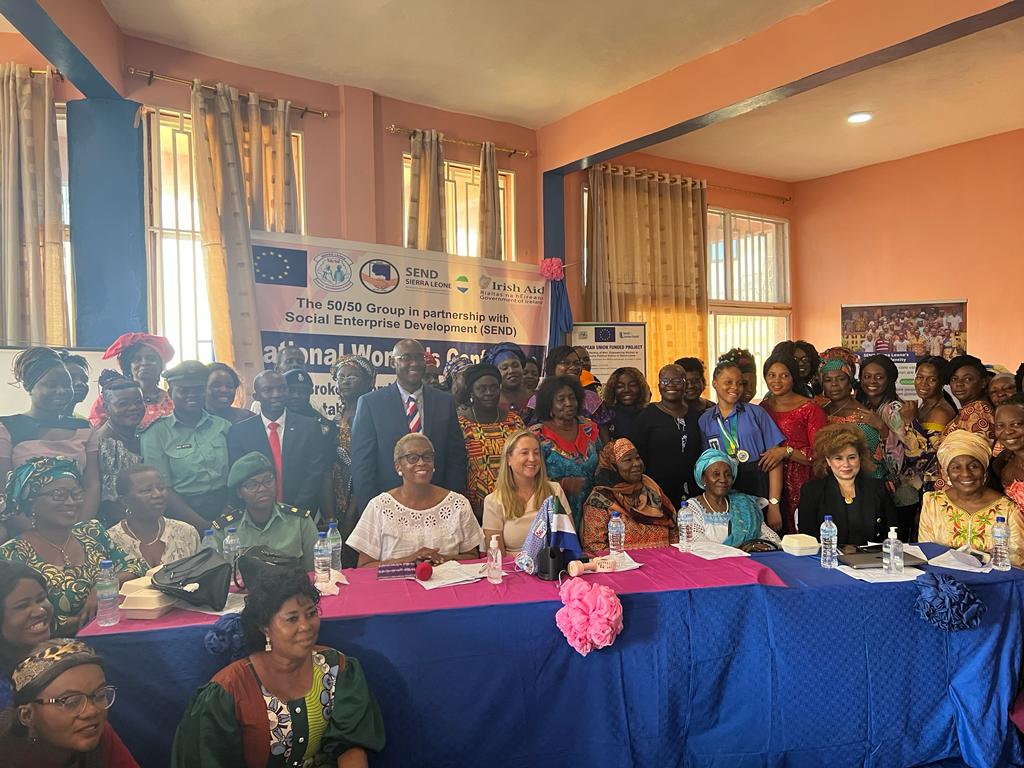On November 26, 2023, the Minister of Information and Civic Education issued a public notice announcing a nationwide curfew in Sierra Leone following an ‘attempted coup.’ This initial curfew announcement was adjusted on Monday, 27th November 2023, from 9 pm – 6 am daily until further notice.
We commend the President for his statement in which he noted that “(A)s a nation deeply rooted in the rule of law, let me assure you that no matter the provocation, our response to the event of November 26 will be measured and determined along only one parameter – the rule of law, nothing more, nothing less.” This steadfast commitment to upholding the foundational principles of the rule of law is commendable and crucial in times of crisis. We earnestly urge the President to steadfastly adhere to this principled stance, demonstrating unwavering dedication to constitutional norms, legal processes, and the protection of citizens’ rights. This commitment must translate into tangible actions, ensuring that the Government’s response aligns seamlessly with the provisions in our 1991 constitution.
While we raise no issue with the circumstances leading to the announcement of the curfew, we have several concerns that we urge the Government to immediately address.
Only the President can declare a state of emergency and impose a curfew
Section 29 of Sierra Leone’s Constitution addresses the declaration of a state of public emergency, emphasizing the President’s power to proclaim such a state when faced with an imminent threat to public order and safety.
In the case of State v Adel Osman and Others, the Supreme Court, per Kutubu CJ, examined the issue and opined that the “power of the President to declare by proclamation that a state of public emergency exists or ‘a situation’ exists which may lead to a state of public emergency is in his absolute and unfettered discretion subject only to the provisions of” that sub-section in the Constitution.
Section 29 stipulates, “whenever in the opinion of the President a state of public emergency is imminent or has commenced, the President may, at any time, by Proclamation which shall be published in the Gazette, declare that a) a state of public emergency exists either in any part or in the whole of Sierra Leone; or b) a situation exists which, if it is allowed to continue, may lead to a state of public emergency in any part of or the whole of Sierra Leone.”
While acknowledging the breakdown of public order and security in the country, it is contended that the imposition of a curfew without a formal proclamation of a state of emergency may contravene the protected Human Rights entrenched in Chapter III of the 1991 Constitution.
Relying on Adel Osman and section 29(1) of the 1991 Constitution, we strongly believe that there must be a state of emergency for a curfew to be declared. To date, there has been no proclamation. No state of emergency has been declared. A press release is not a proclamation and cannot satisfy requirements under section 29. The Government must issue a proclamation, gazette the same, and make regulations to ensure full compliance with the Constitution.
Parliamentary Approval Required After 7 days
The purported curfew was announced on November 26th, more than 7 days since it was announced. According to subsection 3 of section 29, a declaration of a State of Emergency shall lapse unless it has been approved by or superseded by a Resolution of Parliament supported by the votes of two-thirds of the Members of Parliament.
In the light of the above, if the said announcement on the 26th of November is deemed to be a proclamation, it will expire 7 days after it is announced, especially since Parliament is in session. Thus, any subsequent extension must be approved by Parliament within specific timeframes, as provided above. This requirement is unmet by the current curfew, which exceeds one week without parliamentary approval, making it unconstitutional.
No Regulations
The Constitution provides for the President to make regulations to make provision for various measures during a state of emergency, including the detention of persons, restriction of movement, and other necessary actions. However, these regulations must adhere to the principles of proportionality and strict necessity as outlined in international covenants ratified by Sierra Leone. Since no state of emergency has been proclaimed, no regulations have been passed. Therefore, the provisions of the Constitution must be complied with to the fullest.
Access to legal representation
Furthermore, access to legal representation is a fundamental right, and denial of this right, as reported by some lawyers, is concerning. Section 17 (2) of the Constitution explicitly states the right of a detained person to be informed of the facts and grounds for arrest or detention, along with the immediate right of access to legal representation. It stipulates that any person arrested or detained must be promptly informed of the specifics surrounding their arrest or detention within twenty-four hours and in a language comprehensible to them.
Regrettably, reports from legal professionals highlight instances where lawyers have been obstructed in fulfilling their crucial role in providing legal counsel. This contravenes the explicit provision in Section 17(2) that guarantees an individual’s immediate right to access a legal practitioner of their choice upon arrest or detention. This right extends to the ability to instruct a legal representative at one’s own expense and communicate with them confidentially.
It is essential to underscore that the Government’s apprehensions about potential information leakage during ongoing investigations should not justify the outright denial of the right to legal representation. While recognizing the importance of safeguarding the integrity of investigations, it is imperative to strike a delicate balance between preserving national security interests and upholding the constitutionally enshrined rights of individuals.
The Government’s commitment to the rule of law should include ensuring that legal practitioners can perform their duties without undue hindrance. Any concerns regarding the potential misuse of information can be appropriately addressed through established legal channels and safeguards rather than impinging upon the fundamental right to legal representation—a cornerstone of a just and equitable legal system.
Non-derogation
As a signatory to international conventions such as the International Covenant on Civil and Political Rights and the African Charter on Human and People’s Rights, Sierra Leone must uphold its commitment to non-derogable rights even in emergencies. The principle of strict necessity should guide any measures that temporarily restrict rights, ensuring they are proportionate to the exigencies of the situation.
Conclusion
We urge the Government to learn from historical abuses of emergency powers in the past and ensure that the current measures align with the President’s commitment to the rule of law. We urge the Government to address the constitutional concerns raised and demonstrate a steadfast commitment to protecting the rights and freedoms of its citizens.

